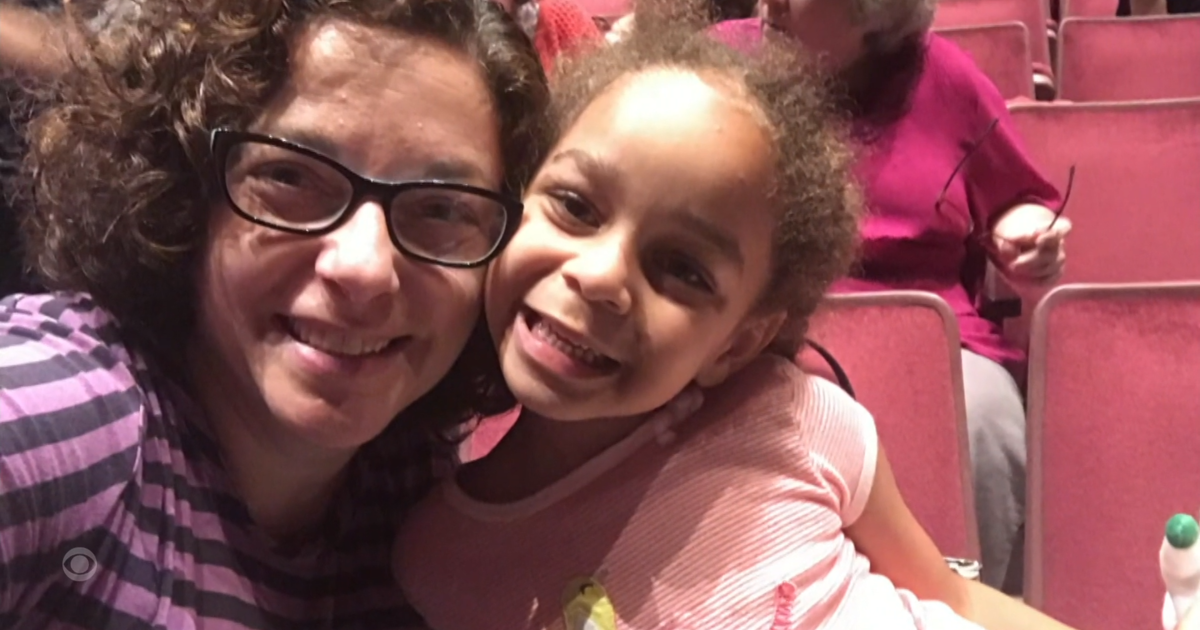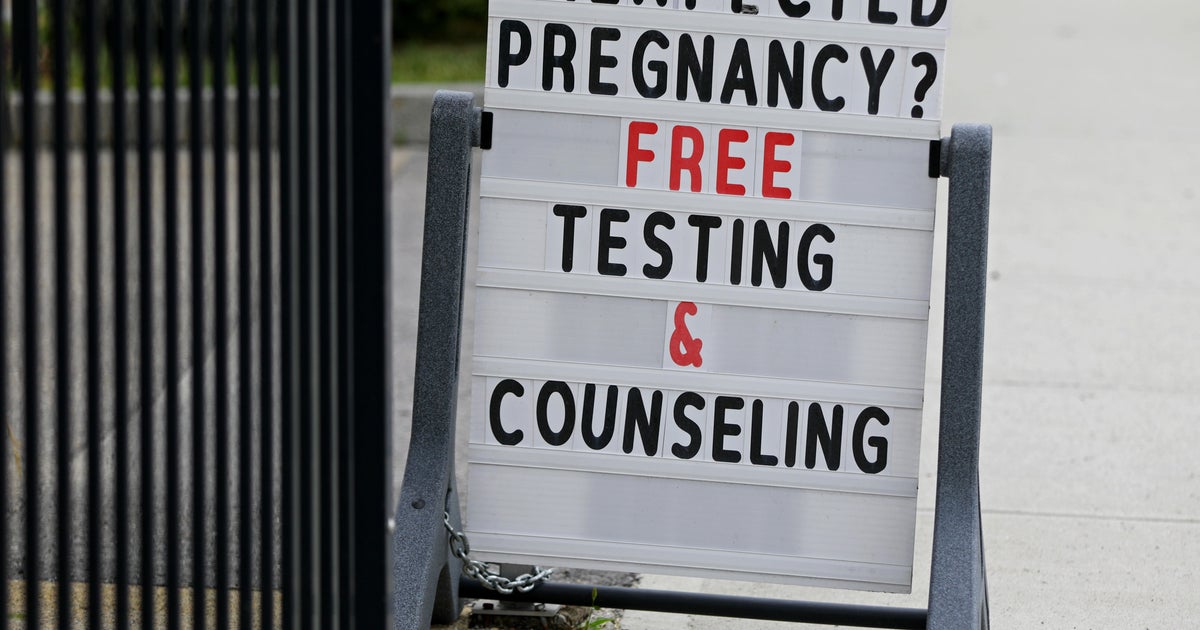Inside Missouri's last abortion clinic
One of the most difficult places to get an abortion is Missouri, a state home to just one abortion clinic and a bevy of restrictions for patients and their providers. CBS News was granted exclusive access to the lone clinic in St. Louis and spent weeks reporting on what it's like for women seeking the procedure.
Sarah allowed CBS News to document her experience getting an abortion in the state, asking her real name not be used.
"This has been a really emotional process for me," Sarah told CBS News correspondent Meg Oliver in June. "It's been really hard."
To have her abortion, Sarah legally had to make two separate trips to the Planned Parenthood in St. Louis, a clinic over three hours from her home. Because Missouri is one of six states with only one abortion clinic, St. Louis was the closest location for Sarah to receive her procedure. In order to be on time for her second appointment, Sarah had to borrow a friend's car and start the trek at seven in the morning, coming directly from a shift at one of her multiple jobs.
"It's a huge burden to take time off work right now because I've got student loans garnishing my wages," Sarah said.
State lawmakers have introduced over 300 anti-abortion measures this year, a record-high number, according to the Guttmacher Institute, a pro-abortion rights research organization. Twelve states — including Missouri — passed bans on the procedure, though all have been blocked by federal judges. Many of those other restrictions have gone into effect, however, including mandatory waiting periods and other measures designed to dissuade women from choosing an abortion.
With a newly conservative Supreme Court, some anti-abortion rights activists see an opening to bring a challenge to Roe v. Wade, the 1973 Supreme Court decision that legalized the procedure, sparking the flurry of anti-abortion legislation. Many activists, like Karen Cross, the political director of National Right to Life, say a handful of pro-abortion access laws — like New York's "Reproductive Health Act" — also spurred conservative politicians into action.
"We're stronger than we've ever been," Cross told Oliver during an interview at the group's annual conference in Charleston, South Carolina in July. "We're gaining momentum. It's almost like a sleeping giant was wakened."
Missouri has some of the most restrictive anti-abortion laws, according to Guttmacher. Doctors are required to give patients state-directed counseling and literature, including a booklet that says, "the Life of each human being begins at conception." After that, patients are required to wait 72 hours before receiving an abortion. The procedure must also be conducted by the same doctor who directed the counseling, a scheduling detail that can push the waiting period past three days.
Dr. David Eisenberg, a doctor at Planned Parenthood of St. Louis, says those restrictions, on top of an ongoing battle over the clinic's license, have hindered his ability to help patients.
"What's changed in the last few weeks has been this ridiculous weaponization of the regulatory process that has made it so hard for us to take care of people in Missouri," he said during an interview.
Cross, who's had two abortions that she says she regrets, believes restrictions, including Missouri's 72-hour waiting period, are reasonable.
"If there's a piece of information out there that would cause a woman to change her mind about this life-altering decision then she should be given that information," Cross said.
Many of those restrictions have pushed Missouri women to seek the procedure elsewhere. Since 2017, the number of women crossing the border into Illinois for the procedure has more than doubled, according to data compiled by the Associated Press.
The Hope Clinic, a Granite City, Illinois-based abortion provider about 10-miles away from St. Louis, has seen a 30 percent increase in women from Missouri seeking an abortion, according to Dr. Erin King, a provider at the facility and wife to Eisenberg. King blamed the increase on Missouri's restrictions.
"There's a lot of confusion about what the laws [in Missouri] are and I think that a lot of the confusion leads people to just say, 'I'm just going to go somewhere else,'" King said during a joint interview with Eisenberg.
"We do the same exact care that they provide in Illinois, but in Missouri, it's regulated to the point that it's nearly nonexistent, nearly impossible," Eisenberg said.
Oriel is one of the many women from Missouri who went to the Hope Clinic to receive an abortion. She told CBS News that she believed her own state's laws on the procedure were wrong and unfair.
"I'm miserable, I'm depressed, I'm unhappy. Right now, after talking to my doctor, I'm relieved because I know something's being done and that's what matters to me," she said.




